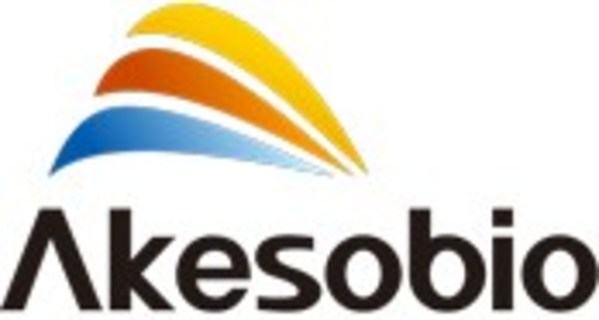 |
HONG KONG, April 14, 2022 /PRNewswire/ -- Akeso, Inc. (9926.HK) ( "Akeso" ), a China-based biopharmaceutical company focusing on the development and commercialization of innovative therapeutic antibodies for Oncology & Immunology, announced the publication of preclinical results of its PD-1/CD73 bi-specific antibody (AK131) at the American Association for Cancer Research (AACR) Annual Meeting 2022. AK131 has demonstrated to have potent in-vitro and in-vivo anti-tumor activities.
Abstract: AK131, an anti-PD1/CD73 bispecific antibody for cancer immune therapy
https://www.abstractsonline.com/pp8/#!/10517/presentation/17745
AK131 is a bi-specific antibody derived from Penpulimab (Akeso's marketed PD-1 antibody ) and AK119 (Akeso's CD73 antibody in clinical stage). AK119 is a dual mechanism antibody (2021 SITC poster #750) that both blocks the generation of adenosine and stimulates antigen specific B cell activation. Adenosine is a key immune suppressive molecule contributing to the resistance of PD-1 antibody therapy. Both CD73 and PD-1 are with high expression in the tumor microenvironment. Moreover, a growing body of literature evidence supports an important role of B cells in anit-tumor immunity. Thus the company developed a bi-specific PD-1/CD73 antibody with the capacity to relieve immune checkpoint control of T cells, activate B cells, and eliminate immune suppression by adenosine, for immune therapy of cancer.
The results and observations in AK131's preclinical study support the development of AK131 as an anti-tumor agent in the clinic:
Reference
[1] Huang S, Apasov S, Koshiba M, Sitkovsky M. Role of A2a extracellular adenosine receptor-mediated signaling in adenosine-mediated inhibition of T-cell activation and expansion. Blood. 1997; 90:1600-10.
[2] [2] Novitskiy SV, Ryzhov S, Zaynagetdinov R, Goldstein AE, Huang Y, Tikhomirov OY, Blackburn MR, Biaggioni I,Carbone DP, Feoktistov I, et al. Adenosine receptors in regulation of dendritic cell differentiation and function. Blood. 2008; 112:1822-31.
![]() View original content to download multimedia:https://www.prnewswire.com/news-releases/akeso-publishes-preclinical-results-of-pd-1cd73-bi-specific-antibodyak131at-the-american-association-for-cancer-research-aacr-2022-annual-meeting-301525606.html
View original content to download multimedia:https://www.prnewswire.com/news-releases/akeso-publishes-preclinical-results-of-pd-1cd73-bi-specific-antibodyak131at-the-american-association-for-cancer-research-aacr-2022-annual-meeting-301525606.html